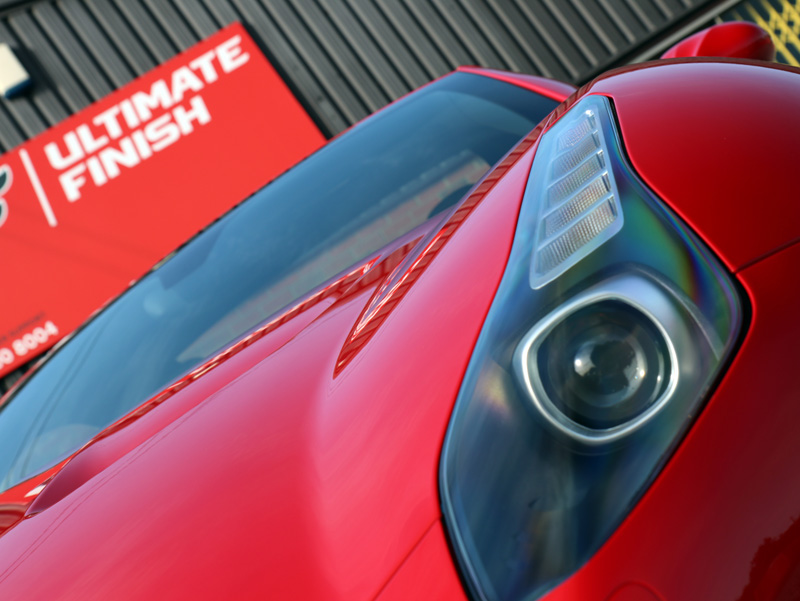Are big cars always safer

Are big cars always safer?
7 common driving myths explained.
1. Larger cars are always safer in a crash
It’s easy to assume that a bigger, heavier vehicle would be safer than a smaller one – but that isn’t always the case. A small car can be less safe because of economical safety features and lower weight, but that doesn’t mean that a heavier car is inherently safer. A small modern car, equipped with the latest safety technologies, would perform better in a collision than a 10-year-old vehicle without side airbags or electronic stability control. So, if you’re looking for a new vehicle, check out the latest crash ratings to find a car with the safety features that you want.
2. Your car needs an oil change every 5,000 km
Depending on your car and your driving habits, you can get about 15,000 kilometres of life from your oil. Modern engines are built to a higher standard than ones from even just a few years ago, and their oils are engineered to last. Be sure to check your car’s owner’s manual before planning your next oil change – it’s the best source of information for your specific vehicle!
3. Premium gas makes a difference
The Canadian government sets standards for fuel quality, which means that lower grade fuel is just as good as the premium options – unless your car specifically requires premium gas. If you don’t have a sticker inside your fuel flap notifying you to fill up your car with premium, then you can use the less expensive option. It will have no impact on your car’s performance or the lifespan of your engine.
4. You need to warm up your car in the winter
Thanks to better and more modern oils and engines, newer cars don’t have to be warmed up before you start driving. While it’s nice to hop into a warm car on a cold winter day, it’s not necessary and will waste gas. Plus, idling your car needlessly could land you a fine, as many places in Canada have anti-idling laws to help reduce emissions.
5. Starting a car wastes more fuel than letting it idle
Save money on gas and reduce your emissions by avoiding idling your car for long periods. It’s often believed that starting your car wastes more gas than just letting it idle, but with modern fuel injection, this myth has been debunked.
6. Rolling down your windows uses less gas than your air conditioner
You might think that rolling your windows down is the best option to reduce fuel consumption, but it will actually burn even more fuel. Why? At high speeds, your open windows will create aerodynamic drag that force your car to work harder to maintain speed.
7. Electric vehicles are slow
They don’t growl like the latest supercar and they may look boring in comparison, but modern electric production cars are some of the fastest vehicles on the road today. A current Tesla Model S will accelerate from 0 to 100 kilometres per hour in less than two and a half seconds. So, if you’re looking for a high-performance car, don’t overlook the electric options that are currently on the market

.png)
.png)
.png)
.png)




